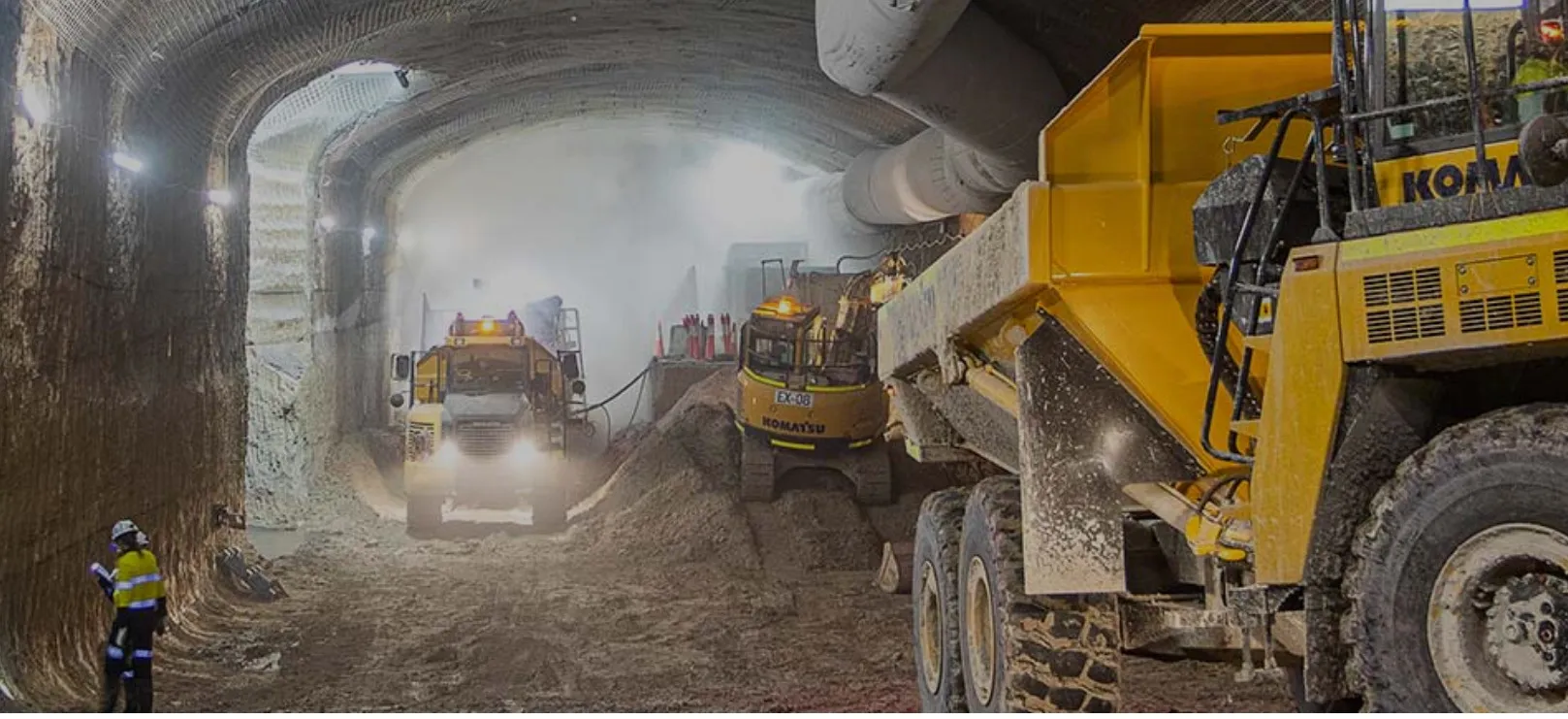The Hungarian government has announced that it will restart work on a new section of the M4 dual carriageway between Albertirsa and Ullo in 2016.
Hungarian media reported that the government will invest around €192 million and no funding will come from the European Union, of which the country is a member.
The two towns are around 25.5km apart, with Albertirsa closest to the capital Budapest at around 60km. The project should be finished some time in 2019, according to Hungarian media.
The announcem
July 7, 2015
Read time: 2 mins
The Hungarian government has announced that it will restart work on a new section of the M4 dual carriageway between Albertirsa and Ullo in 2016.
Hungarian media reported that the government will invest around €192 million and no funding will come from the1116 European Union, of which the country is a member.
The two towns are around 25.5km apart, with Albertirsa closest to the capital Budapest at around 60km. The project should be finished some time in 2019, according to Hungarian media.
The announcement has breathed life into the stalled and now revamped M4 project that was put on hold earlier this year. The government pulled funding in April after it suspected that price fixing had taken place among contractors.
Reuters news agency reported in April that prime minister Viktor Orban's chief of staff said the competition watchdog GVH was investigating construction of a 29km section of the M4 works.
The week before, Orban's government cancelled the M4 project which had been estimated to have cost around €316 million, citing a lack of available European Union funding.
Winning bidders to construct the M4 motorway project in three parts were184 Colas Hungaria, 7019 Swietelsky Magyarorszag, 945 Strabag and a consortium of Hungarian companies A-Hid Epito and 3454 Kozgep.
The M4 project is to link the capital Budapest with Romania’s western border city of Oradea.
Hungarian media reported that the government will invest around €192 million and no funding will come from the
The two towns are around 25.5km apart, with Albertirsa closest to the capital Budapest at around 60km. The project should be finished some time in 2019, according to Hungarian media.
The announcement has breathed life into the stalled and now revamped M4 project that was put on hold earlier this year. The government pulled funding in April after it suspected that price fixing had taken place among contractors.
Reuters news agency reported in April that prime minister Viktor Orban's chief of staff said the competition watchdog GVH was investigating construction of a 29km section of the M4 works.
The week before, Orban's government cancelled the M4 project which had been estimated to have cost around €316 million, citing a lack of available European Union funding.
Winning bidders to construct the M4 motorway project in three parts were
The M4 project is to link the capital Budapest with Romania’s western border city of Oradea.






